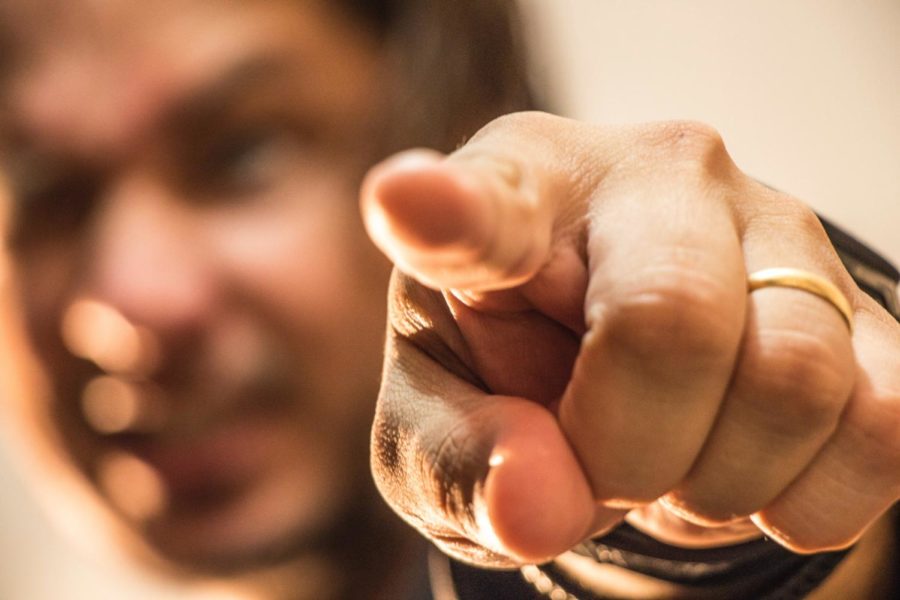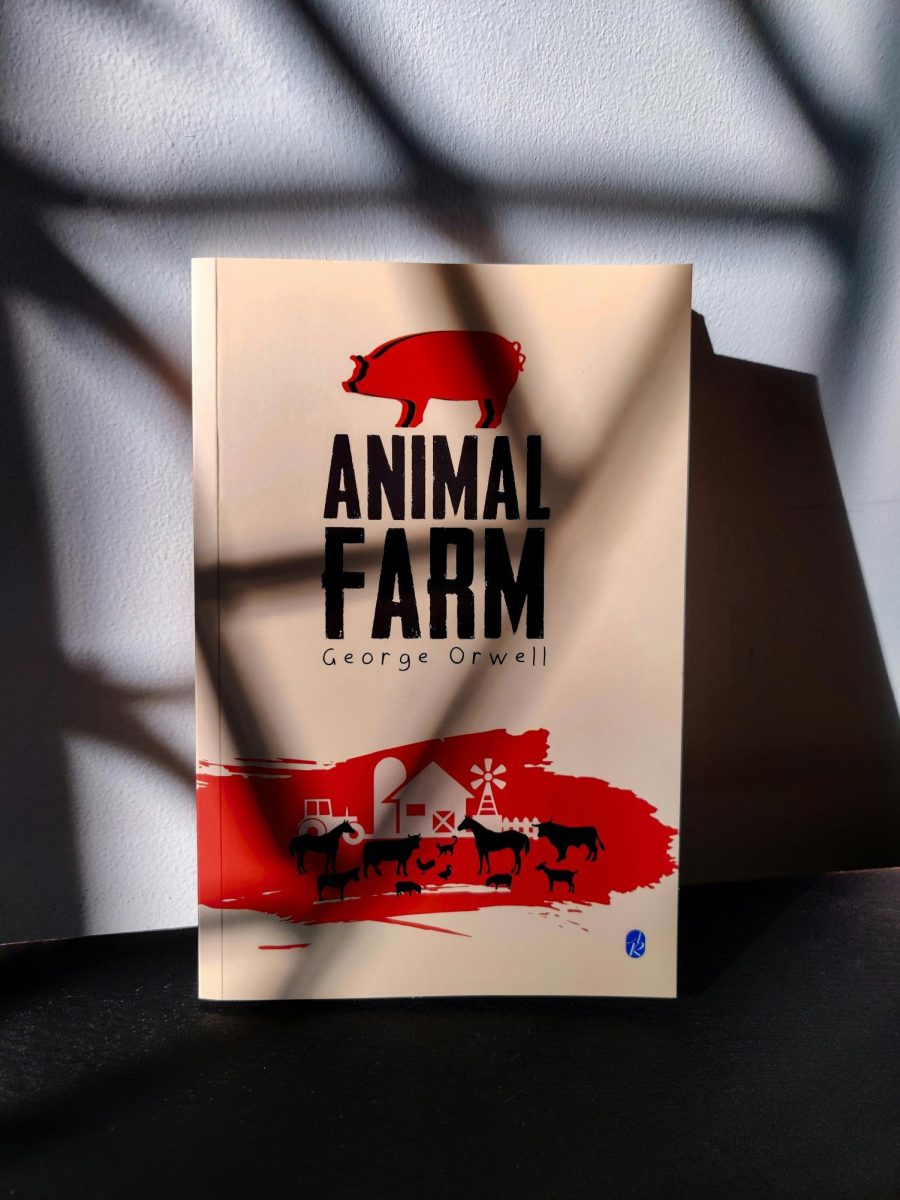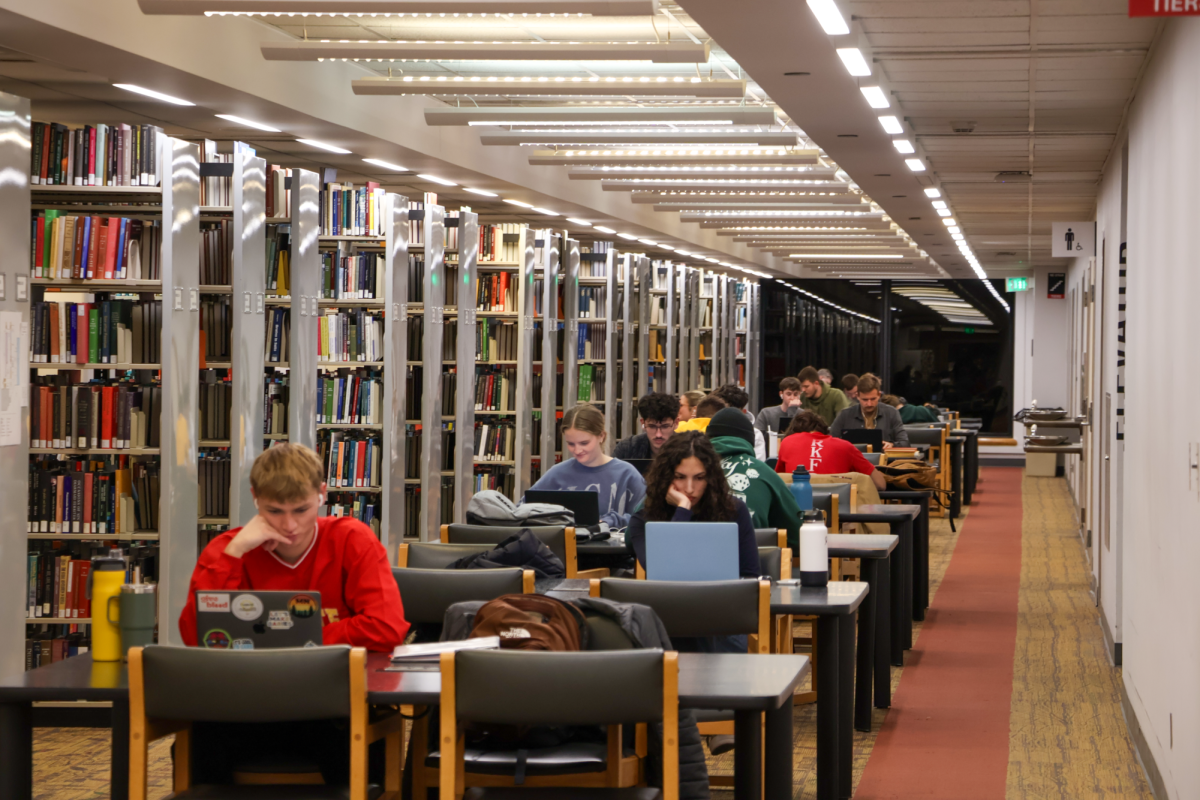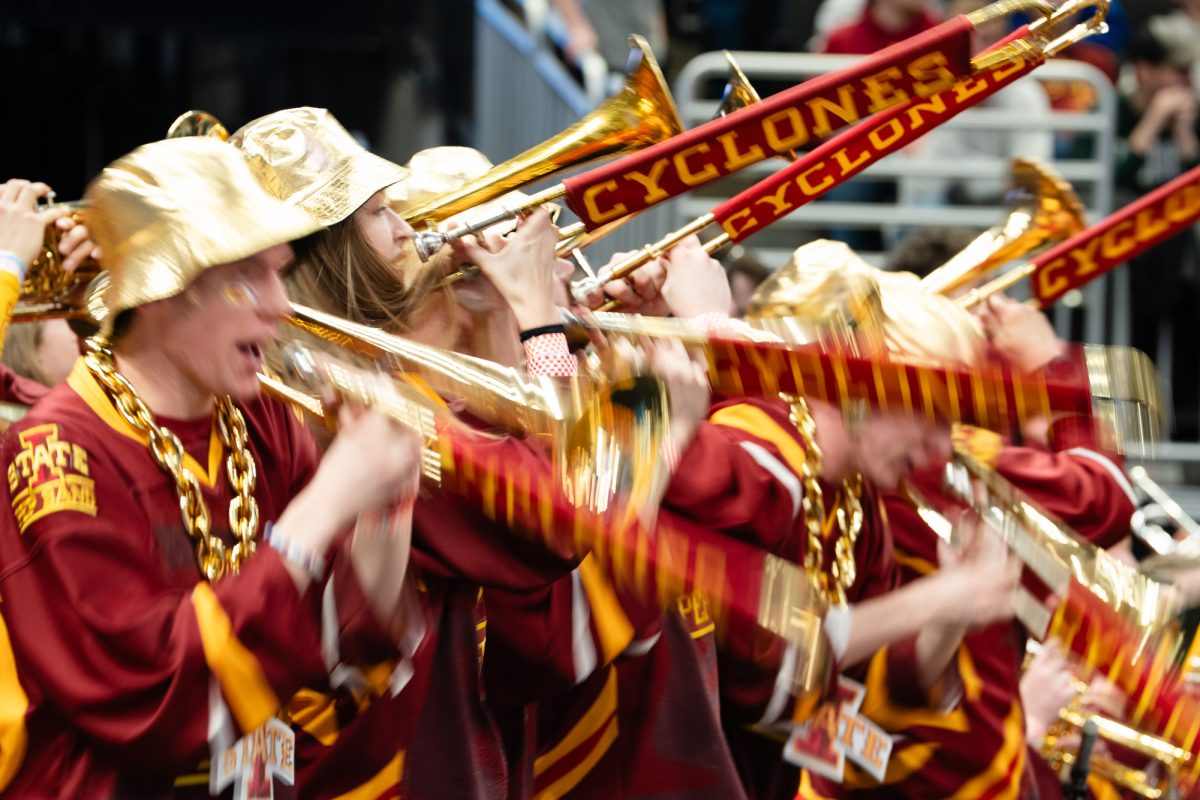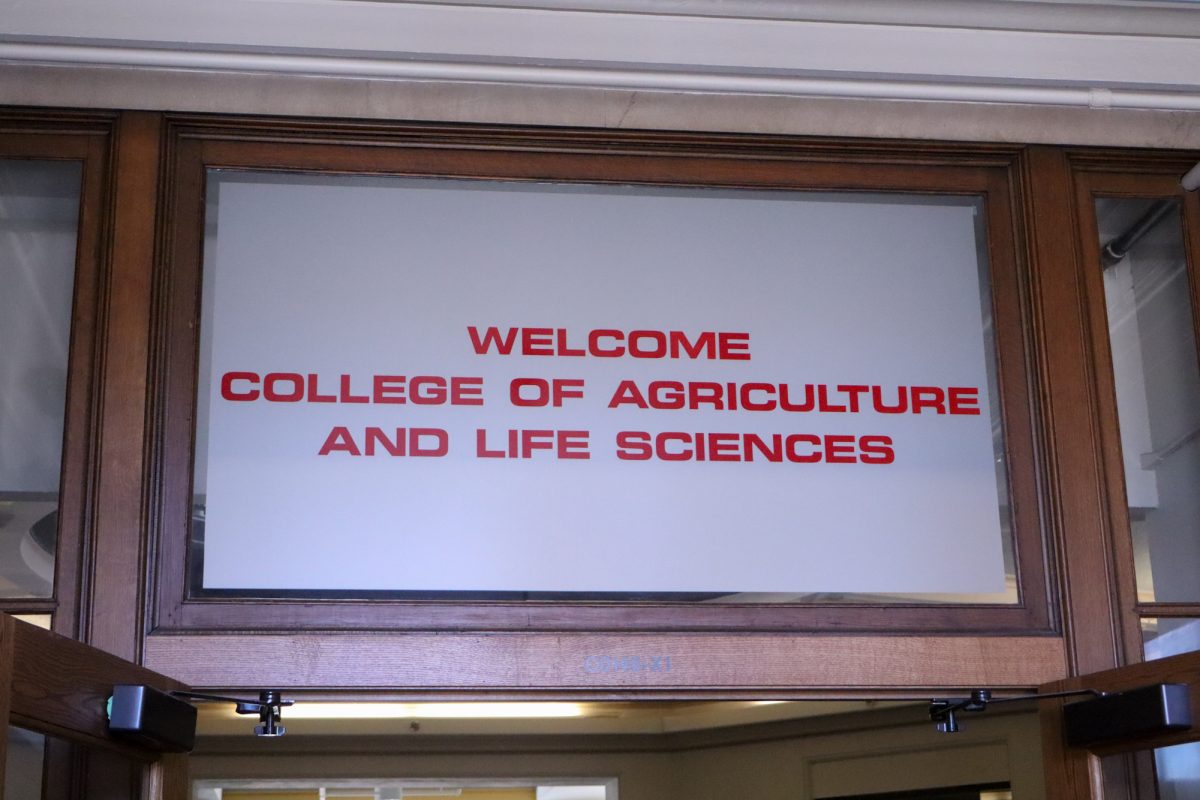Othering: How social groups judge each other
When people “other” each other, it is a way they point out differences in each other and make those differences negative.
February 12, 2020
Social groups vary in size, makeup and culture, but how certain groups interact does not always support this diversity.
When groups that view themselves as different from each other treat each other as such, it is called “othering.” Othering can be as simple as speaking of a group of people as “them” in relation to another’s “us” or even putting the definite article “the” in front of a label.
“Targets of othering can range from race to gender to sexuality to regional accents to hair color,” according to the Merriam Webster dictionary. “It’s the notion behind a term like black sheep, ‘a disfavored or disreputable member of a group,’ which only makes sense when one thinks of sheep with white fleece as the only normal kind.”
Glenn Geher, professor of psychology at the State University of New York at New Paltz, said on Psychology Today that othering is similar to the ingroup/outgroup effect.
“In short, this effect speaks to how we differentially treat those whom we see as ‘in our group’ versus those whom we see as some kind of ‘other,’ meaning someone who is defined as in ‘some group other than my own group,’” Geher said.
Geher said the ingroup/outgroup phenomenon has been found across pretty much any and all ways that people divide themselves into social groups.
He gave examples like “You know how those Patriot fans are. (Sports team fan);” “Sociology professors are all like that, am I right? (Profession);” “That guy’s from Canada. That explains it. (Geographical affiliation);” “You know why she’s like that? She’s a Trump supporter. Need I go on? (Political affiliation).”
“The concept of othering is pretty much the same as demonstrating the ingroup/outgroup effect,” Geher said. “And a foundational process connected with this effect is outgroup homogeneity. We see members of our own group as varying wildly from one another in all kinds of ways. Yet we see members of ‘other’ groups, often defined by grossly arbitrary criteria, as showing less within-group variability. Them? They are all the same.”
After learning what othering is, what are ways to reduce it?
“If we are to combat the rising tide of extremism across the globe, we must actively create bridges across differences and resist strategic exploitation of our collective anxiety,” said John Powell, director of the Haas Institute for a Fair and Inclusive Society at the University of California, Berkeley, on the Guardian’s website. “For when we bridge, we not only open up to others, we also open up to change in ourselves — and actively participate in co-creating a society to which we can all belong.”
Powell said the opposite of othering is not “saming,” it is belonging. He said belonging does not insist that everyone is the same. He said it means everyone should recognize and celebrate their differences, as a way to create a society where “We the people” includes all the people.


